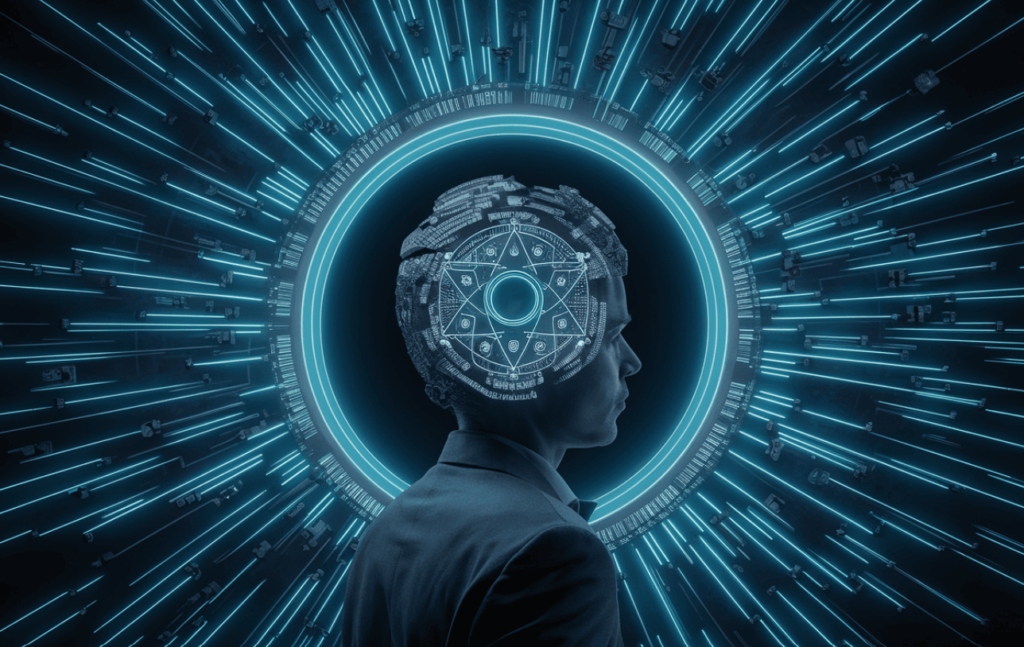For instance, in a recent post on the X network, Cardano founder Charles Hoskinson expressed massive concern regarding the degree of AI censorship.
According to Hoskinson, generative AI is becoming less useful due to alignment training methods.
He seems to be worried about the issue of having some knowledge locked away from children in the future, on the basis of certain decisions made by some individuals.
In his social media post, Hoskinson wrote the following thoughts down.
“This means that certain knowledge is prohibited to every kid growing up, and that is decided by a select group of people you do not know and cannot replace if you do not agree with their decisions.”
In his post, Hoskinson included screenshots that showcased the answers provided by OpenAI’s GPT-4o and Claude’s 3.5 Sonnet models when asked about how to build a Farnsworth fusor.
The Farnsworth fusor accomplishes nuclear fusion conditions by using an electric field to heat ions.
While OpenAI’s GPT-4o provided Hoskinson with a list of components required to build a nuclear fusion reactor, Claude’s 3 5 In the 5 Sonnet, Farnsworth only mentioned general details of the Hirsch fusors but did not give specific construction information.
This worries Hoskinson because it means that the details of the information that is available through AI chatbots can be manipulated by a few individuals.
After the rise of OpenAI’s ChatGPT in late 2022, ongoing controversies have continued to question the limits of AI censorship debates and have been preoccupied with the threat of a totalitarian future in which bias could be used to enforce social conformity.

